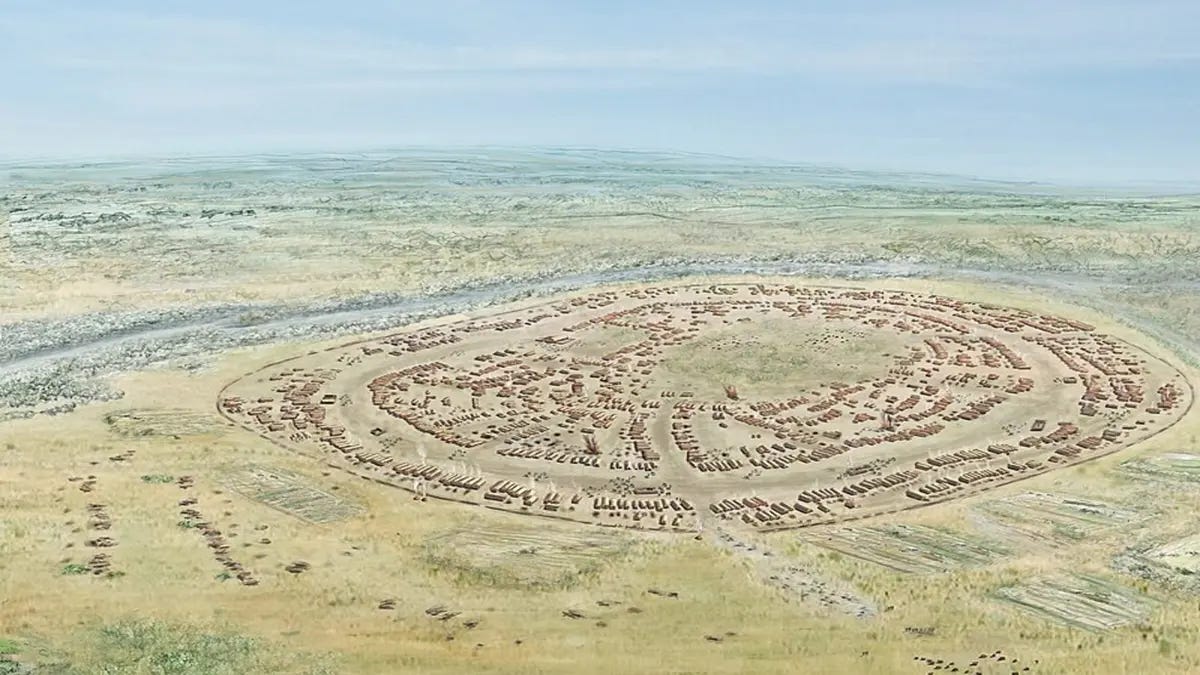Archaeologists are rewriting history: world’s oldest city was not in Mesopotamia
Latest News
Reported by Interesting Engineering:
Recent archaeological discoveries are rewriting the narrative of human history. Contrary to long-held beliefs that the first cities emerged in Mesopotamia or Central Asia, new evidence suggests that these ancient urban centers may have actually originated in Ukraine.
In a recent publication by the Swiss Neue Zürcher Zeitung, researchers describe the astonishing remnants of what may have been “the largest city in the world,” discernible today only through aerial shadows and scattered pottery shards. This site in Ukraine dates back to 4000 BCE, making it the oldest urban settlement ever discovered.
Not only does this archaeological research push the origins of cities further back in time, but also, according to Euromaidan Press, “it sparks heated debates about early social organization, sustainability, and what a city even is.”
Joseph Müller, an archeologist from the University of Kiel, began researching these giant settlements in Ukraine in 2011, building upon foundational research from the 1960s.
It was a military topographer who first identified over 250 sites featuring intriguing vegetation patterns, such as concentric formations, hinting strongly at human construction.
However, it wasn’t until the 1970s that Ukrainian scientists, as reported by NZZ, launched a research campaign that required creative strategy as excavating a site of that size proved to be cumbersome and unfeasible. By employing geomagnetic techniques, researchers unveiled structures beneath the earth’s surface, discovering Trypillia megasites that span over 100 hectares.
These findings challenge previous assumptions which placed urbanization later in human history. The Ukrainian settlements suggest that numerous dwellings—and by extension, cities—existed between the end of the Stone Age and the emergence of the Bronze Age. It changes everything archeologists thought they knew. Maybe humans built cities before we even thought it was possible.
Read more here.




How interesting! It reminds me of Crassus’ awe at marching past the remains of long dead and forgotten cities. How little we understand of our species is wild!
4000BC isn’t nearly as old as the oldest Mesopotamia cities… https://en.m.wikipedia.org/wiki/Eridu#:~:text=Eridu%20(Sumerian:%20%F0%92%89%A3%F0%92%86%A0%2C,in%20sight%20of%20one%20another.